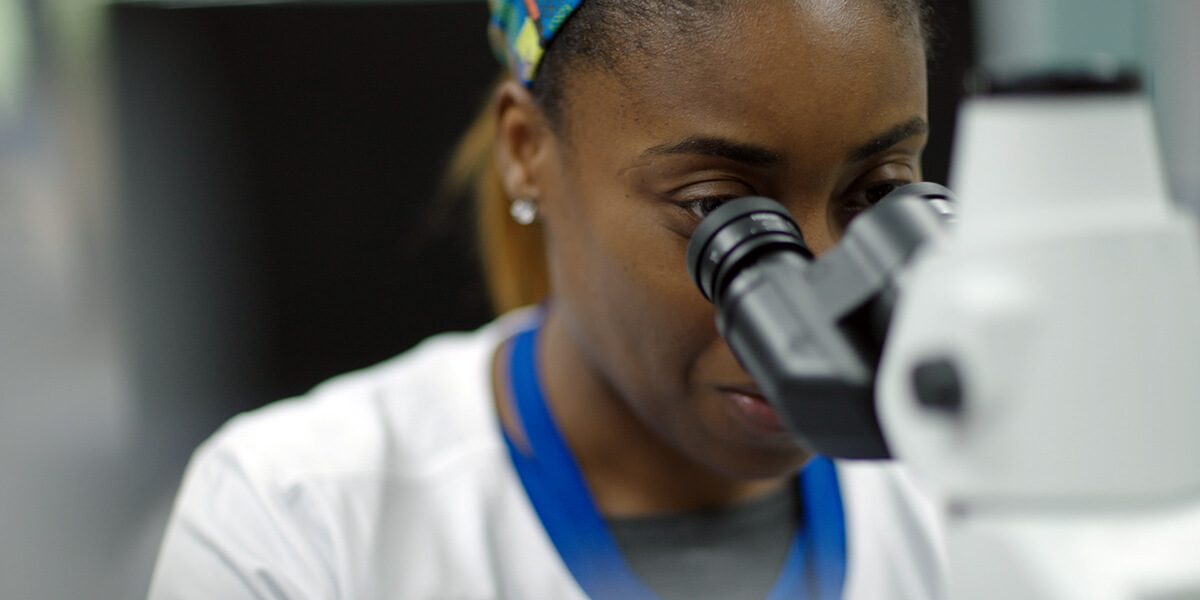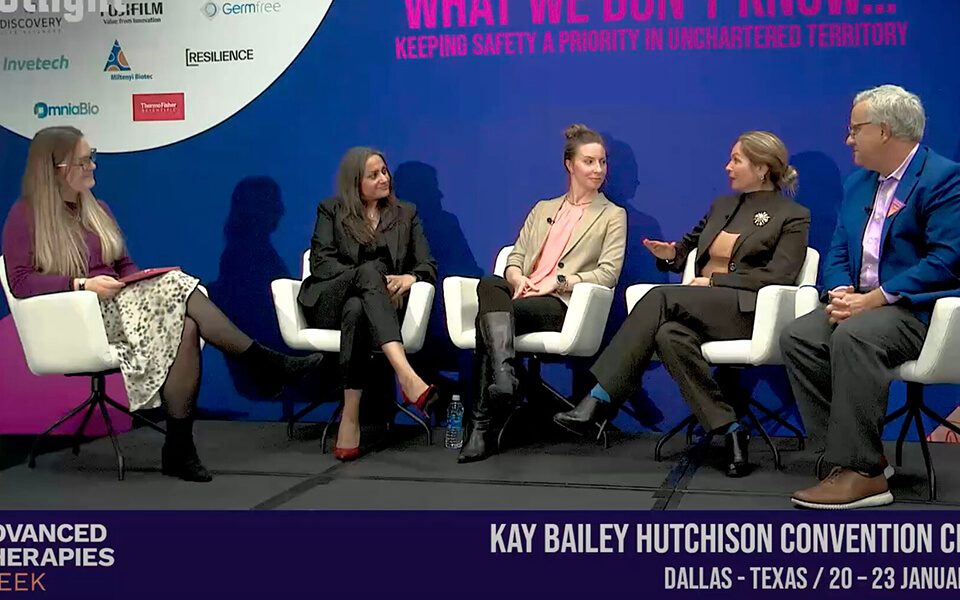UC Davis is one of a handful of academic and hospital-based institutions disrupting the CAR-T field.
With a particular focus on making CAR-T therapy accessible and affordable for patients in Northern California and the Bay Area, Dr. Jan Nolta, a professor of medicine and the director of the Stem Cell Program and Gene Therapy Center, and her team at UC Davis are leveraging significant support from the California Institute for Regenerative Medicine (CIRM) to transform patient care.
Here are the highlights of Dr. Nolta’s recent presentation at Advanced Therapies Week in Miami
CIRM’s Crucial Role in Advancing Research
Jan began her presentation by highlighting the indispensable role of CIRM, which has provided over $200 million to support UC Davis’s clinical trials and research endeavors. This funding has enabled the university to spearhead a variety of projects, including a consortium for Jordan’s syndrome, a rare neurodevelopmental disorder, and the statewide umbilical cord collection program.
One of the flagship programs at UC Davis is the CIRM-funded Alpha Clinic, which is part of a network of universities and major medical centers delivering high-quality stem cell clinical trials to patients. It also happens to be located on the Sacramento campus and benefits from the proximity of UC Davis’s GMP facility.
The California CAR-T Program: A Game Changer
The California CAR-T program at UC Davis holds huge potential for patient access; the aim is to provide affordable CAR-T therapy to patients with relapsed leukemia and lymphoma. A $1 million startup fund from Dr. David Lubarsky, the CEO of UC Davis, has given the program an incredible start and the team has already successfully performed engineering runs in their GMP facility and secured FDA approval for their clinical trial.
The cost per dose is staggering.
Jan quoted a cost of $47,000 to $53,000 per dose, a figure certified by an independent CPA. This transparency in pricing was crucial for gaining FDA approval for insurance coverage of the manufactured product, which marks a significant milestone, as insurance companies typically do not cover product costs during clinical trials. As a result, UC Davis can now offer CAR-T therapy to patients throughout Northern and Central California and the Bay Area at a fraction of current costs.
Streamlined Manufacturing and Patient Consent
Another crucial development that will again aid in enhancing patient access is the team at UC Davis has optimized its manufacturing process, reducing the time required from 12 to 8 days and validating the use of fresh, rather than frozen, products. This amendment received FDA approval, enabling rapid delivery of fresh CAR-T products to patients.
Dr. Nolta is a 10-year cancer survivor herself, emphasizing the personal significance of this work. With this unique experience and perspectives from both sides of the fence, she raised some important questions about the future of cell and gene therapy:
“What should be industry-based, and what should remain patient-centered? Like bone marrow transplants, should cell products be routinely covered by insurance?
“Is it possible to lower the bar required for approval of some products, while retaining safety?”
These are crucial considerations as our field evolves.
The success of these initiatives at UC Davis is a testament to the dedication and hard work of the team, which includes many young professionals. Dr. Nolta expressed her honor and gratitude for the opportunity to work with such a talented group, as they continue to push the boundaries of medical science and patient care.
Through these pioneering efforts, UC Davis is not only advancing the field of regenerative medicine but also setting new standards for affordable and accessible healthcare solutions.







